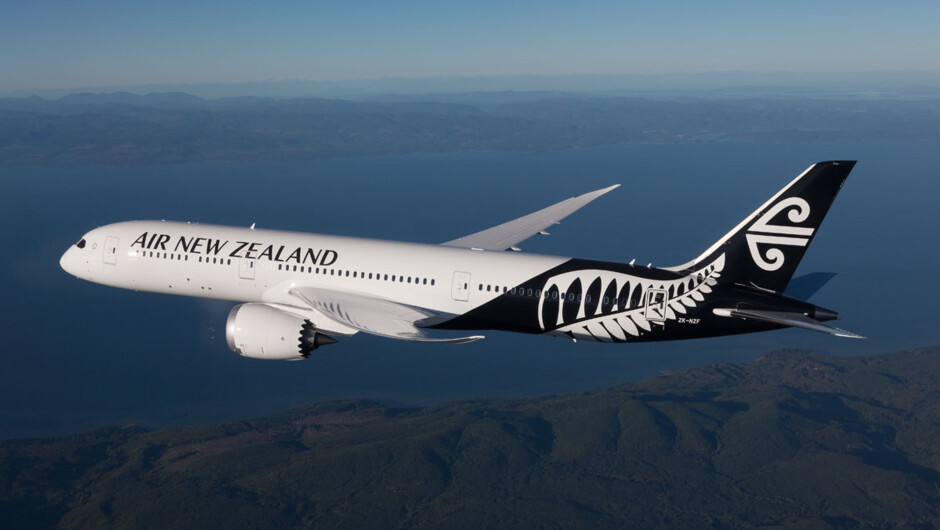Air New Zealand, a prominent member of the Star Alliance, is tightening its stance on passengers flouting carry-on baggage limits. The airline, known for its leniency towards travelers boarding with multiple bags on short domestic flights, is signaling a shift in policy.
Passengers are urged to show consideration for fellow travelers by adhering to the prescribed limits: one small carry-on bag and one personal item. Failure to comply may result in being asked to check additional baggage at the check-in counter. Air New Zealand emphasizes the inconvenience caused by oversized bags attempting to fit into overhead lockers, a scenario all too familiar to many passengers.
Kate Boyer, Air New Zealand’s General Manager of NZ Airports, stressed that while most passengers comply with regulations, there are instances of individuals exceeding size or weight limits. Boyer emphasized the importance of familiarity with the policy, emphasizing that it’s one piece for the overhead bin and one personal item. Passengers with multiple bags, perhaps due to shopping, are advised to consolidate their belongings.
To streamline boarding and disembarkation processes, passengers are expected to adhere to the carry-on policy rigorously. Boyer reiterated that the decision to enforce baggage rules more strictly stems from respect for fellow passengers. The airline plans to conduct random ‘spot checks’ on flights to ensure compliance. Passengers caught with excess baggage at the gate face a fee of NZ$35 ($21) for their first bag, although Air New Zealand hopes proactive enforcement at the check-in counter will prevent such scenarios.
The carry-on policy stipulates that domestic and international economy class passengers are permitted one bag weighing no more than 7kg (15lbs) and one personal item. Premium economy or business class international passengers can carry up to 14kgs (30lbs).
For domestic, trans-Tasman, and short-haul South Pacific flights, Air New Zealand offers a range of fare classes, including a ‘seat only’ fare option for travelers seeking to travel light.
In recent months, the airline has faced criticism for raising domestic airfares amid a 39% drop in annual profit compared to the previous year. Factors such as inflation, escalating jet fuel costs, delays in aircraft deliveries, and engine maintenance issues have contributed to the financial strain. CEO Greg Foran acknowledged efforts to keep airfares low in 2023 but cited the necessity of passing some costs onto consumers due to the escalating operational expenses inherent in running an airline.



